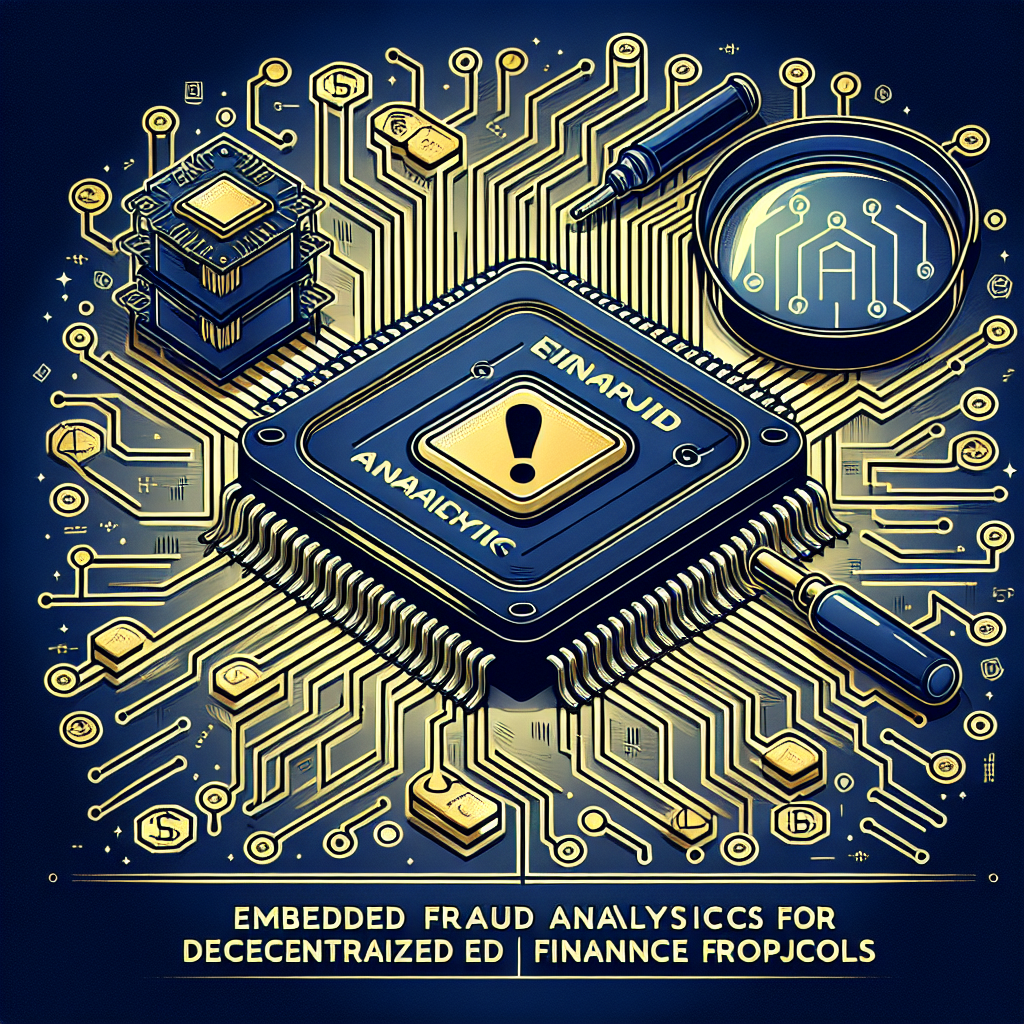The world of cryptocurrencies has seen a rise in the niche segment of Decentralized Finance, commonly known as DeFi. Unlike traditional financial systems that rely on intermediaries like banks or exchanges, DeFi enables direct transactions between participants through smart contract programs.
The Current State of DeFi
DeFi protocols operate through decentralized applications (DApps) that execute financial functions on blockchains. These applications have seen billions of dollars worth of crypto flow through them, gaining traction globally.
The goal of DeFi is to revolutionize financial services to be trustless, transparent, and consumer-driven. These services encompass lending, borrowing, asset management, savings, margin trading, decentralized exchanges (DEXs), prediction markets, and more.
Fraud Attacks in DeFi
Recently, there have been malicious attacks on DeFi products, particularly through flash loans. These loans allow instant borrowing without collateral, provided the funds are returned within one transaction block. Fraudsters have exploited loopholes in smart contracts to deceive lenders into thinking loans have been repaid in full, often through market manipulation.
Proposed solutions to combat fraud in DeFi include banning exchanges from accepting trades from flash loans and introducing governance voting in the loan process. However, these measures deviate from the core principles of DeFi.
Fraud Analytics Solutions
Fraud analytics algorithms can play a vital role in detecting and preventing malicious activities in DeFi. By analyzing patterns in blockchain data, these algorithms can identify market manipulation tactics like coordinated trading, churning, FUD propagation, and spoofing.
Machine learning algorithms can analyze Blockchain logs to detect suspicious activities and patterns. Cross-referencing wallet activity with threat intelligence can further enhance fraud detection capabilities.
The Road Ahead in DeFi
As the DeFi landscape evolves, there is a growing market for insurance covers to protect against the financial implications of smart contract exploitation. Fraud mitigation tools and embedded analytics solutions will be crucial in building secure DeFi ecosystems without the need for trusted custodians.
In conclusion, DeFi presents a paradigm shift in the financial industry, offering decentralized and transparent alternatives to traditional systems. With the right fraud analytics solutions in place, the DeFi ecosystem can continue to grow securely and efficiently.

